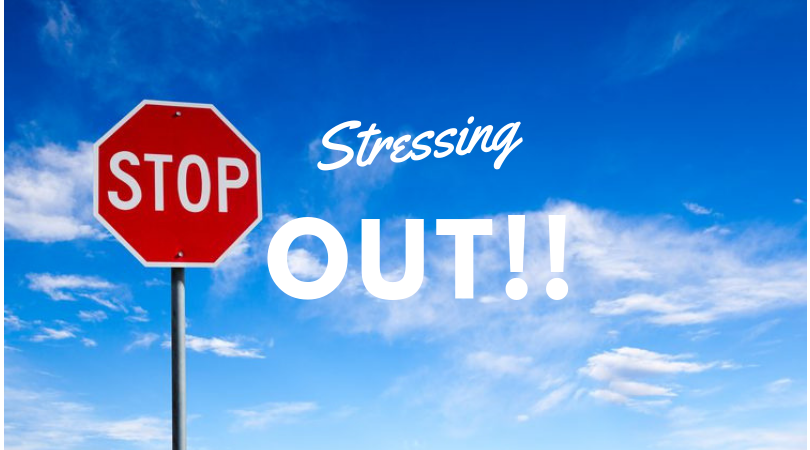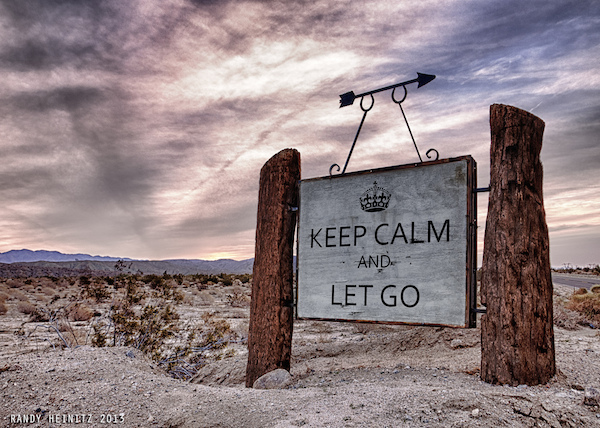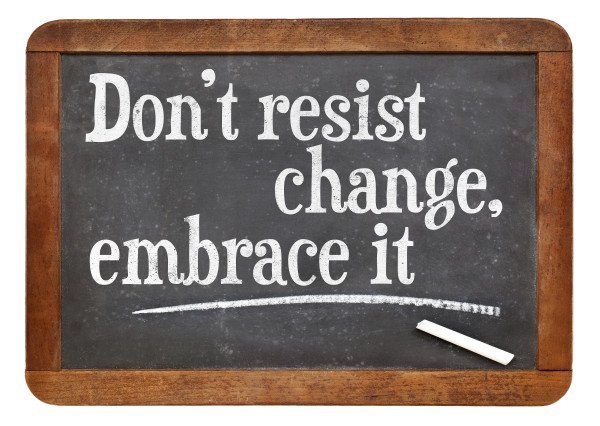Who do you turn to when you’re going through a challenging or difficult time? What do those conversations sound like? It can’t be overstated how important it is for us to feel socially connected and supported by the people around us, but not all forms of support are created equal. Also, the line between helping and hindering can be blurred, especially when conversations lean towards venting.
As comforting as it may be to have someone to turn to when you want to vent or debrief, it can be a slippery slope towards co-rumination. It’s possible you’ve never come across the idea of co-rumination, but chances are you’re familiar with rumination. When going through a difficult time, it’s common to repeatedly mull over events that took place (not to mention the ones that haven't even happened yet) and the things that were said (or not said). Sometimes this process can be helpful, because it can be a way of thinking things through, weighing our options, and figuring out new, creative solutions. On the other hand, it can also make us feel stuck and be less prepared to actually do anything constructive about the situation or the emotions we are experiencing. The deeper we are in a cycle of rumination, the harder it can be to recognize it’s happening and dig our way out.
This process can be even more difficult to spot when it happens in our closest relationships. Co-rumination involves repeatedly discussing and rehashing our problems and difficult feelings with someone else without coming up with a solution or resolution. The issue is, talking with a friend, partner, or family member about our problems can feel really good. It can make us feel supported, bring us closer together, and even trick us into believing we are doing something productive about our situation. Unfortunately, in the long run it can hold us back from moving forward and actually lead to worsening symptoms of anxiety and depression.
So, how can you spot co-rumination?
1. Know the signs
It’s important to recognize the difference between sharing and ruminating. Expressing your thoughts, feelings, and experiences is an important way to build closeness and trust in your relationships. But if you find yourself talking about the same experiences over and over again, particularly those that involve difficult emotions like anger, sadness, or envy, it can help to ask yourself the following questions to see if you’re caught in a cycle of co-rumination:
Is this a new problem?
Have I spoken about this before?
Am I predicting things that haven’t happened yet?
Do I have any new information that I haven’t shared or discussed?
2. Learn your patterns
With time, it will help to become aware of your patterns of communicating in times of high emotion. Certain topics are likely to bring on more venting or rumination and specific people may be easier to open up to.
Are there certain topics you tend to ruminate about (work, romantic relationships, family problems, finances, health concerns)?
Are you more likely to co-ruminate in certain settings (in person or on the phone, after or during work, while drinking alcohol)?
Are there certain people you tend to co-ruminate with?
How can you move from co-rumination to healthy processing?
1. Catch yourself co-ruminating and be compassionate
Becoming more aware of our behaviors and patterns can often be enough to help us move from co-rumination to finding solutions. The more you focus on recognizing co-rumination as it happens, the easier it’ll be to shift towards a more problem-solving approach. Why be compassionate with yourself? Judgement and self-criticism will likely lead to more emotional reactivity and lessened clarity of thought, which only makes finding a solution more difficult.
2. Weigh the short and long-term consequences
It’s important to validate for yourself the instinctual urge to relieve unwanted emotions, thoughts and sensations through venting, but, after the short term relief, co-rumination isn’t actually helpful for relieving the problem itself. In the long term, co-rumination has the potential to drive people away, especially when a relationship is unbalanced and conversations tend to be overly focused on one person’s difficulties or life.
3. Switch to active problem-solving
Ask yourself if there is a committed action step that can improve the situation right now, even in a small way. Actually taking action is more helpful than venting, not to mention that it is empowering rather than the victim mentality of venting. There will be times when there will be very little you can do to change your current situation or circumstances and this could be best handled by devoting energy toward those things in your life that you can control.
4. Strengthen your other coping strategies
The mind doesn’t like a vacuum, in absence of something to do, it will go back to what it knows. Trying to lessen your tendency to co-ruminate without having a replacement strategy will likely leave you feeling overwhelmed and likely feeling alone. It’s important to find new ways to cope with whatever problem you are facing.
If you’re still struggling with how to determine alternatives to venting and this is leaving you overwhelmed, feel free to contact me at (717) 288-5064 / gregghammond@restoringbalancelancaster.com and schedule an appointment today.























